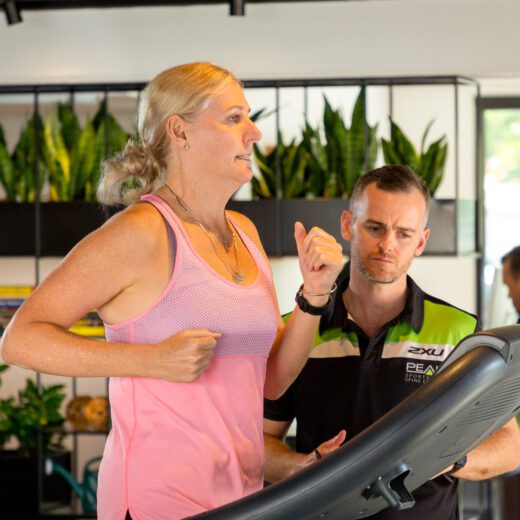
Preparation Is Key
The road to a successful triathlon starts long before race day. Here’s how you can make the most of your preparation:
1. Train with Purpose:
Structure your training to include swimming, cycling, and running sessions that progressively increase in intensity and duration. Incorporate brick workouts (back-to-back disciplines) to simulate race conditions and build endurance.
2. Master Transitions:
Transition areas can make or break your race time. Practice transitioning smoothly from swim to bike and from bike to run. Lay out your gear in a logical sequence and rehearse your transitions to shave off valuable seconds.
3. Know the Course:
Familiarize yourself with the race course. Study the terrain, elevation changes, and any potential challenges. Visualize your race strategy, including pacing and nutrition plans tailored to the course demands.
4. Nutrition and Hydration:
Fuel your body with the right nutrition before, during, and after training sessions. Experiment with different fueling strategies to find what works best for you on race day. Hydration is crucial; practice drinking fluids on the bike without losing momentum.
5. Mental Preparation:
Triathlons test your mental resilience as much as your physical ability. Visualize crossing the finish line strong and remind yourself of your training accomplishments when doubts creep in.
Race Day Strategies
On race day, nerves and excitement can run high. Stay focused and implement these strategies:
1. Early Arrival:
Arrive at the venue early to set up your transition area calmly. Check your gear, inflate your tires, and mentally run through your race plan.
2. Swim Smart:
Position yourself appropriately in the swim start based on your ability. Stay calm if there’s contact; focus on your stroke technique and sighting.
3. Smooth Transitions:
Execute your practiced transition plan efficiently. Minimize time spent in transition by having everything organized and ready to go.
4. Pace Yourself:
Resist the temptation to go all-out from the start. Pace yourself according to your race plan, conserving energy for later stages.
5. Enjoy the Journey:
Triathlon is as much about the experience as it is about the finish line. Embrace the camaraderie of fellow athletes, draw energy from the cheering crowd, and celebrate every milestone along the way.
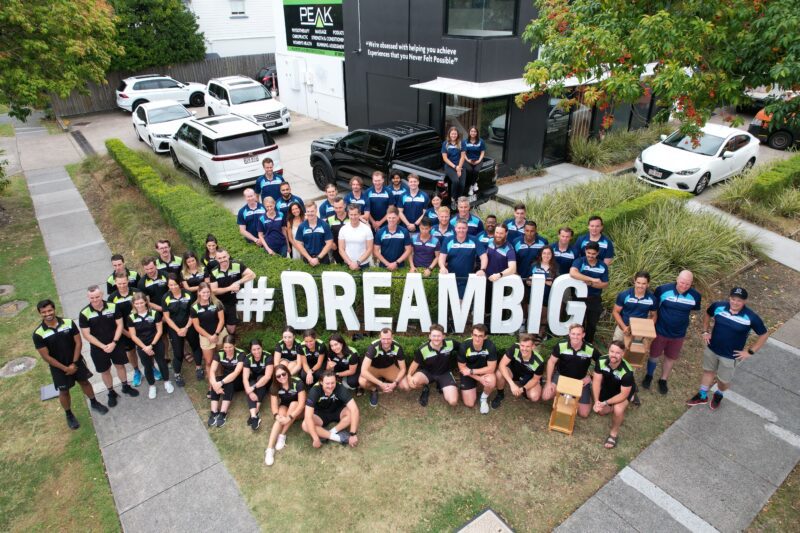
As you stand on the brink of a new triathlon season, remember that each race is a chance to learn, grow, and surpass your personal best. The training you’ve put in is a testament to your dedication and determination. Trust in your preparation, stay resilient through the challenges, and savor every moment of the race. Whether you’re aiming for a podium finish or simply aiming to finish, your journey in triathlon is a testament to the human spirit’s capacity for strength and endurance.
Embrace the upcoming season with enthusiasm and grit. Let the adrenaline fuel your ambition, and let each stroke, pedal, and stride bring you closer to achieving your triathlon dreams. This season, unleash your potential and show the world what you’re made of. Triathlon awaits—dive in, pedal hard, and run strong!
Good luck, triathletes! See you at the starting line.
Read the latest articles

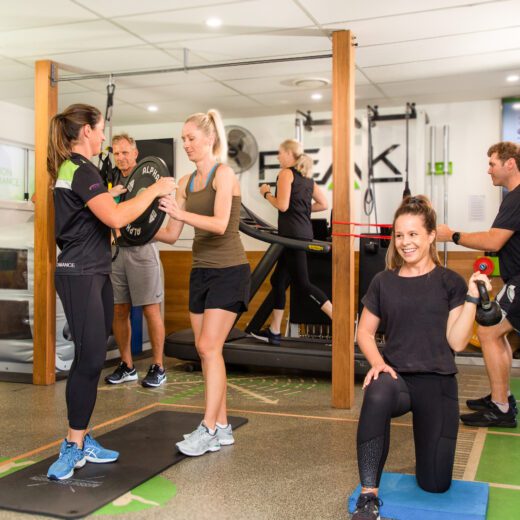
From Recovery to Resilience: Embracing a Preventative Mindset in Physiotherapy
For many, the first encounter with physiotherapy begins with pain. It might be the result of an injury, a nagging ache that won’t go...
Read more
Deadlifting: Why It Matters – A Physiotherapist’s Perspective
As a physiotherapist, one of the most common myths I encounter is that deadlifting is only for bodybuilders or elite athletes. The reality? The...
Read more
Understanding Ingrown Toenails
Ingrown toenails occur when the edge or corner of a toenail grows into the surrounding skin, leading to pain, redness, and swelling. This condition...
Read more
Staying the Course: How to Stay Motivated Through Your Rehab Journey
Rehabilitation isn’t always a straight line. Some days, you’ll feel strong. Other days, progress might feel slow or even invisible. But here’s the truth...
Read more
When Dreams Take Flight: The Extraordinary Night We Shared “For The Last Time”
In the warm glow of a Brisbane evening, something magical happened. On May 25th, New Farm Cinema became more than just a venue—it transformed...
Read more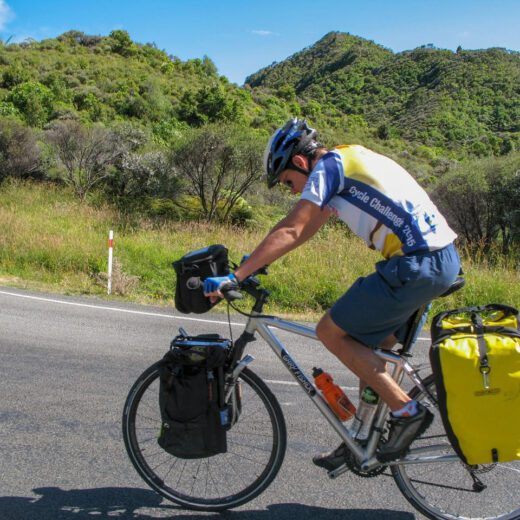
Ed’s Physio Journey with Nickelback Boy
Let us introduce PEAK Athlete Ed Schache… As a husband, Dad to 2 young sons, and lifelong recreational cyclist, Ed’s never been one to chase...
Read more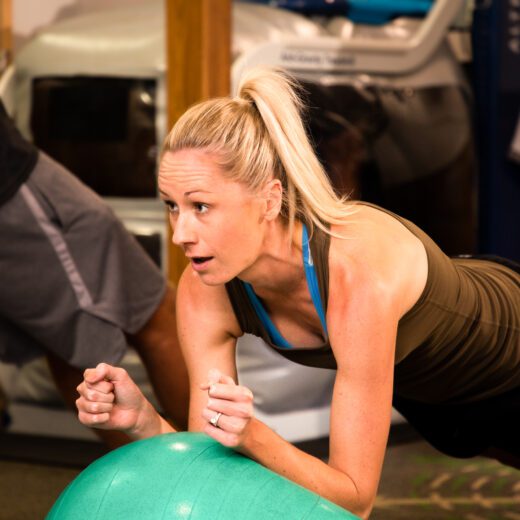
Why Women Should Strength Train: Lifelong Benefits from Youth to Aging
For too long, the image of strength training has been associated mainly with male athletes or bodybuilders. But the science is clear: strength training...
Read more
Sever’s Disease: Understanding Heel Pain in Growing Children
Heel pain in children is a common concern—especially among those who are active and going through growth spurts. One of the most frequent causes...
Read more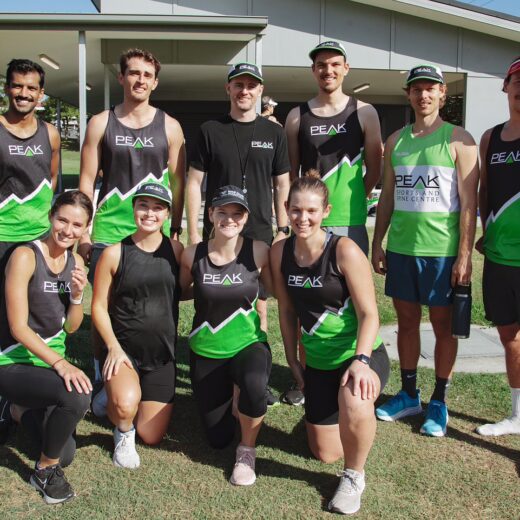
Join the Sunshine Coast Marathon
Join the Sunshine Coast Marathon with PEAK Sports and Spine Centre: Run with a Winning Team and Enjoy Exclusive Perks!Are you ready to challenge...
Read moreNot exactly what you're looking for?
View all articlesLet's get started — How can we help?
Physiotherapy

Chiropractic
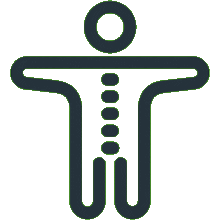
Podiatry

Massage Therapy

Women's Health Physiotherapy

Running Program Tailored To Your Goals

Joint Mobilisation

Active Release Technique

Exercise Prescription
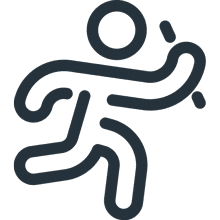
Real Time Ultrasound Imaging

Spinal Manipulation
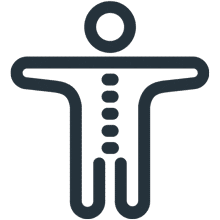
Functional Movement Screen

Knee Pain Treatment

Hamstring Strain Treatment

Hip Pain Treatment

Upper, Middle & Lower Back Pain

Neck Pain Treatment

Shoulder Pain & Rotator Cuff Tear

Can't find what you're after?
View all ServicesOr email the PEAK team at info@peakssc.com.au
Hawthorne
- Phone: (07) 3399 3318
- Fax: (07) 3319 6577
Address
5/171 Riding Road,Hawthorne, QLD, 4171 Get Directions
Opening Hours -
6 days per week
- Monday - Friday: 7:00 am - 8:00 pm
- Saturday: 7:00 am - 1:00 pm
To make a booking outside of business hours, please use our form by clicking here.
New Farm
- Phone: (07) 3399 4668
- Fax: (07) 3319 6577
Address
1/15 Lamington Street,New Farm, QLD, 4005 Get Directions
Opening Hours -
6 days per week
- Monday: 7:00 am - 8:00 pm
- Tuesday: 7:00 am - 8:00 pm
- Wednesday: 9:00 am - 8:00 pm
- Thursday: 10:00 am - 8:00 pm
- Friday: 7:00 am - 3:00 pm
- Saturday: 7:00 am - 3:00 pm
To make a booking outside of business hours, please use our form by clicking here.
